
08,99 €
Triumph des Mutes: Wie wir
Sibylle Barden

Social transformation refers to a significant, sustained, and systemic change in the social structure, culture, and institutions of a society. The core elements of social transformation are:
Cultural change: Cultural change involves shifts in values, beliefs, norms, and attitudes. This can include changes in the way people think about social issues, such as gender roles, human rights, and environmental sustainability.
Technological change: Technological change involves the development and adoption of new technologies, which can transform the way people live and work. This includes advances in fields such as artificial intelligence, renewable energy, and biotechnology.
Political change: Political change involves shifts in power relations and the way decisions are made in society. This includes changes in governance structures, such as the transition to democratic systems or the creation of new international organizations.
Economic change: Economic change involves changes in the way resources are produced, distributed, and consumed in society. This can include the development of new industries, the growth of the service sector, or changes in global trade patterns.
Environmental change: Environmental change involves the ways in which humans interact with the natural world. This includes changes in resource use, land use, and the impact of human activities on the environment.
Overall, social transformation involves interconnected changes across multiple domains, with the potential to impact individuals, communities, and societies as a whole.
The core factors of the global social transformation include changing social norms, evolving family structures, cultural diversity, and social activism. In this transformation, companies play a crucial role by embracing diversity and inclusion, promoting equitable practices, and addressing social and environmental challenges. They can contribute by adopting responsible business practices, supporting community initiatives, and driving positive social change through their products, services, and operations. I wanted to know: How does it work in practice? My answers come from: Plastic Fischer, the top innovator who cleans the world’s rivers, from the Global Parliament of Mayors who demand a seat at the table to solve our problems or the World’s first Chief Heat Officer, who is fights extreme temperatures in Miami and many more.

Emmanuel de Merode on 100 Years of Virunga — A Masterclass in Quiet Leadership
This might be the moment you first hear about one of the most important — and least understood — places on Earth.
Virunga National Park, nestled in the heart of the Democratic Republic of Congo, is Africa’s oldest national park and home to a third of the world’s remaining mountain gorillas. It’s also a frontline of armed conflict, poverty, and ecological destruction — and yet, a bold transformation is underway.
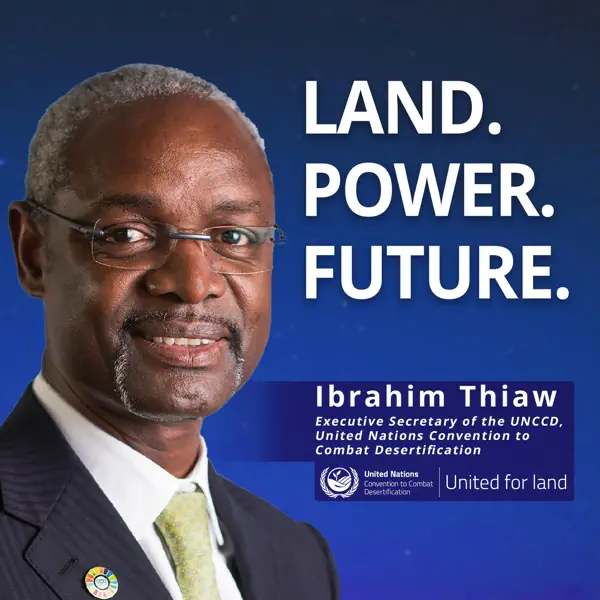
UNCCD’s Ibrahim Thiaw: Land, Power & the Race to Restore Our Future
In this episode, Ibrahim Thiaw, Executive Secretary of the United Nations Convention to Combat Desertification (UNCCD), discusses the reality of land degradation—and the encouraging path to restoration.

Alastair Campbell: Reshaping Political Debate
Alastair Campbell, renowned as Britain's leading political master communicator, is pioneering the way in regaining control of the UK's political debate while also garnering a massive following worldwide. His podcast, "The Rest is Politics," co-hosted with former Tory Cabinet minister Rory Stewart, boasts over one million listeners per episode, dominating charts from the UK to Suriname.
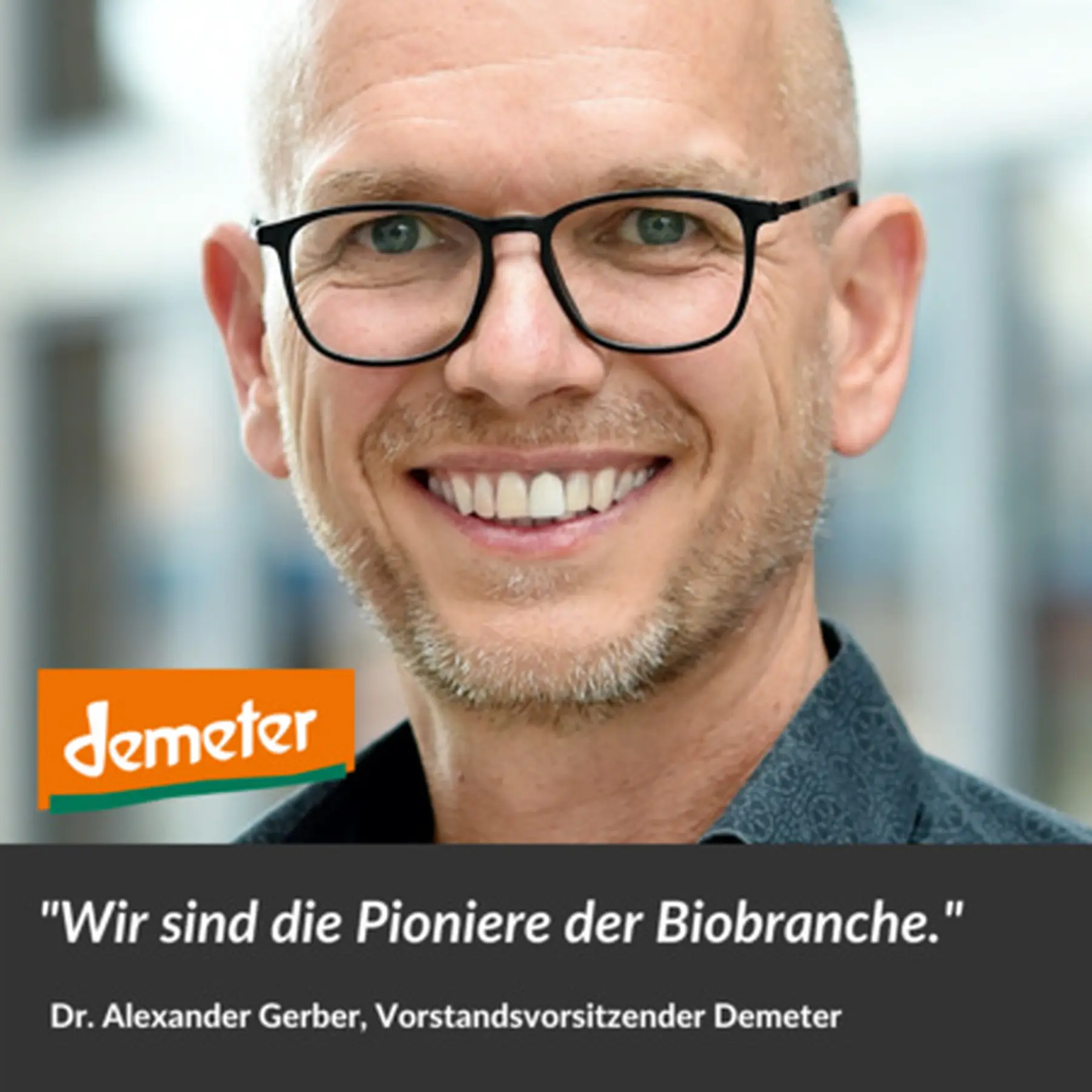
Demeter: Pionier der Biobranche
Demeter ist Vorbild. Die “nachhaltigste Marke Deutschlands" praktiziert erfolgreich, was die Vereinten Nationen und das Pariser Klimaabkommen von der Landwirtschaft weltweit fordern: Eine bio-dynamische Kreislaufwirtschaft.

Stitching Together a Fashion Revolution
"I think we need an entire revolution in the fashion industry," says Runa Ray, my first guest of 2025. And she is making it happen—as a designer, activist, and visionary.
Her journey spans the Global Peace Flag Initiative, endorsed by the United Nations and hailed as the largest art movement for peace and climate action, to presenting collections at Monte Carlo Fashion Week, the Grammy Awards, and shaping policy at the World Bank.
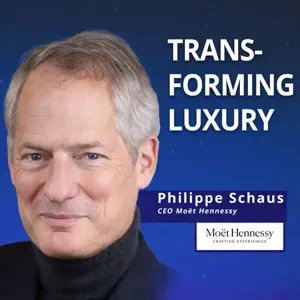
Moët Hennessy: Transforming Luxury
How do you redefine luxury in a world of urgent environmental challenges? In this episode, I sit down with Philippe Schaus, Chairman and CEO of Moët Hennessy and member of the Executive Committee of LVMH, the world’s largest luxury group.
We explore how Moët Hennessy’s 27 iconic maisons—including Veuve Clicquot, Belvedere Vodka, and Dom Pérignon, many with over 300 years of heritage—are innovating to preserve tradition while addressing the planet’s most pressing challenges.
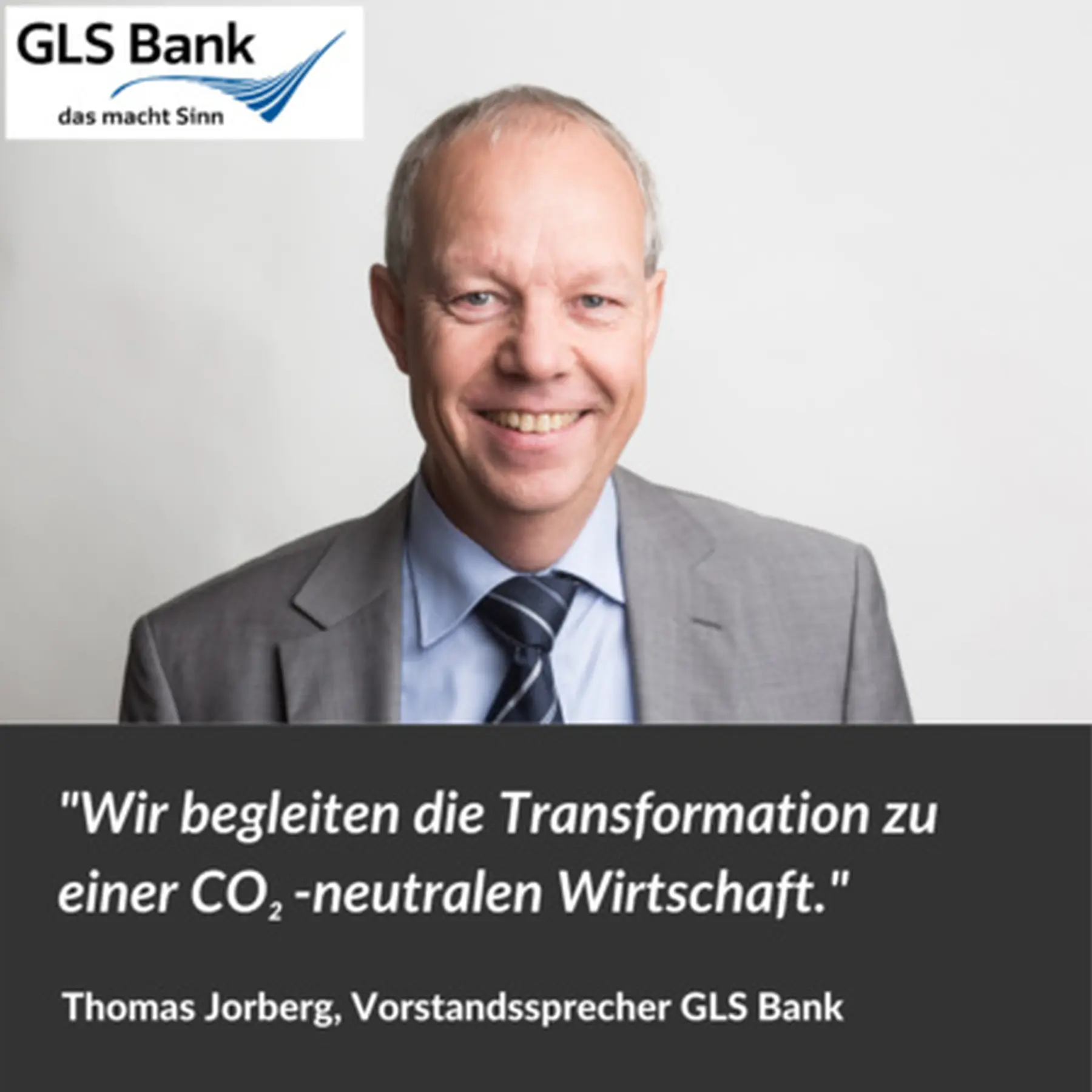
GLS: Die gute Bank
Was ist die Aufgabe einer guten Bank im 21. Jahrhundert? Darüber spricht Thomas Jorberg, Vorstandssprecher der GLS Bank. Laut Financial Times leitet er die “nachhaltigste Bank in Europa". Börse Online und n-tv wählten die GLS von 2010 bis 2019 zur “Bank des Jahres" in der Kategorie Spezialbanken
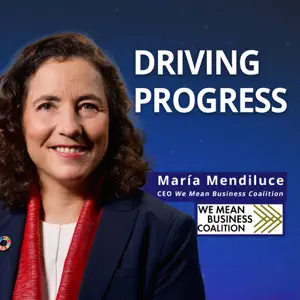
We Mean Business Coalition
María Mendiluce, CEO of the We Mean Business Coalition, is one of TIME’s 100 Most Influential Climate Leaders. As the Coalition celebrates its 10-year anniversary, María reflects on the milestones that have mobilized over 17,000 companies—representing half of the world’s market capitalization—to commit to climate action.
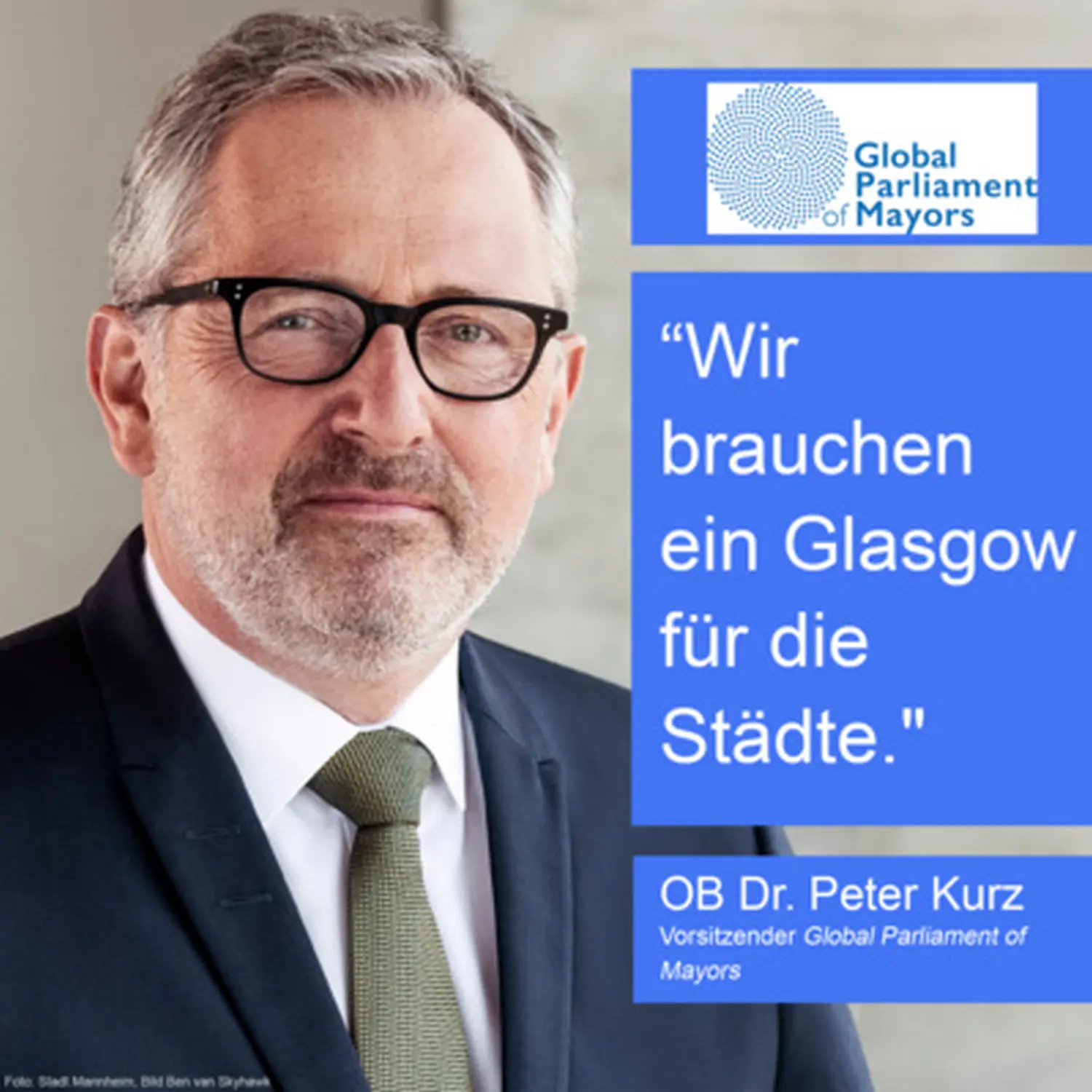
Vorsitzender des Global Parliament of Mayors – Weltparlament der Bürgermeister: Städte müssen an den globalen Entscheidertisch
“Der Transformations-Prozess gelingt nur, wenn Städte einen Sitz am Verhandlungstisch haben”, so Dr. Peter Kurz,Vorsitzender des Global Parliament of Mayors.In Den Haag geboren, versteht sich das globale Bürgermeisterparlament als Leitungsgremium von und für Bürgermeister aller Kontinente.

Miami: How the world’s first Chief Heat Officer fights extreme temperatures
Jane Gilbert is the world’s first Chief Heat Officer. Her task is to prepare and protect Miami’s citizens for and from the heat.
Extreme heat is responsible for more deaths than all other climate driven disasters in the US combined. We talk about around 12.000 death each year. By 2100, according to a study by the University of Washington, the annual toll could be close to 100.000. By then, 94% of Miami Beach would be underwater. Not a small task to manage.
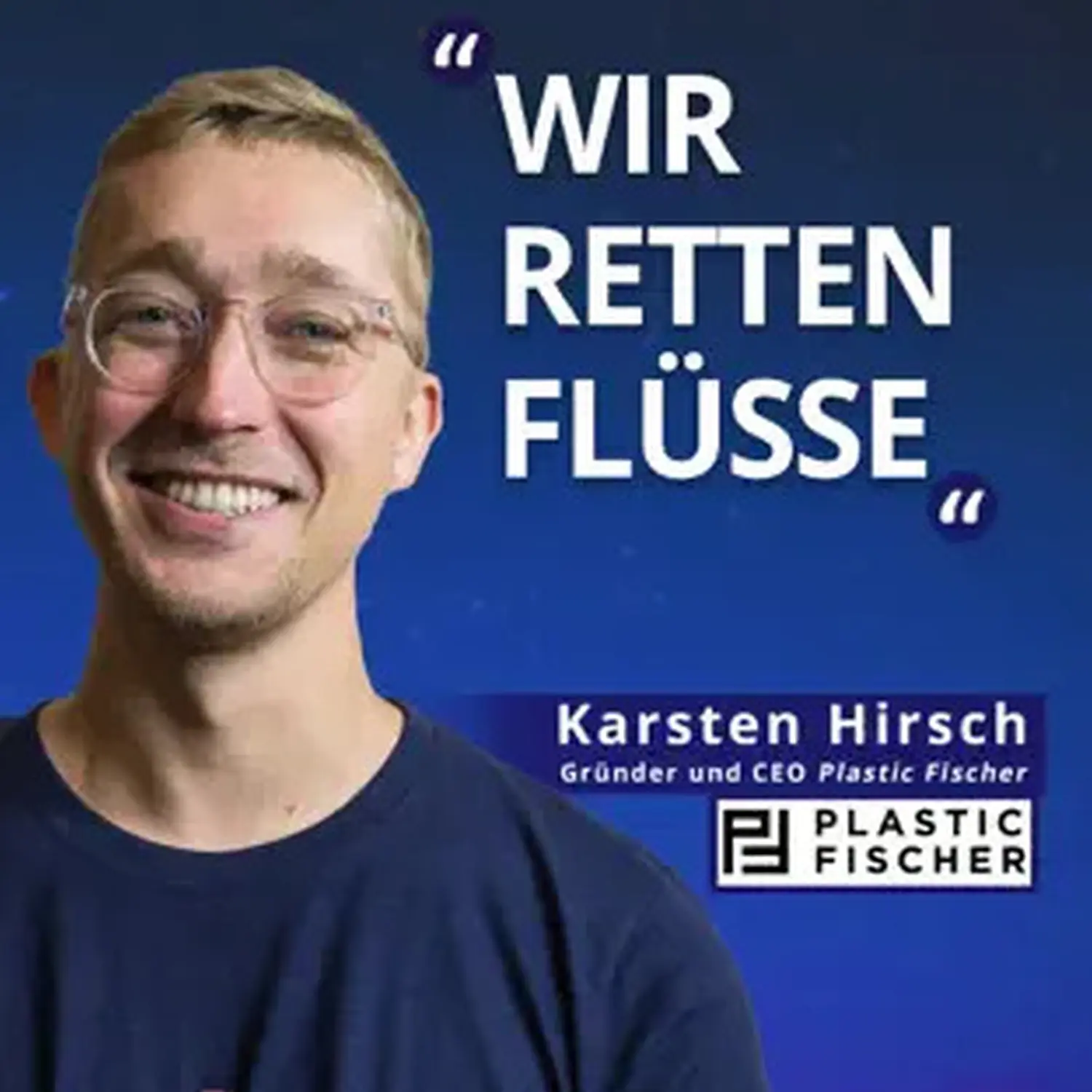
CEO Plastic Fischer: Der Top Innovator 2022 rettet Flüsse und Ozeane
Gründer und CEO Karsten Hirsch: “Wenn 80 Prozent des Plastiks in den Ozeanen aus etwa 1.000 Flüssen angeschwemmt wird, weshalb reinigt denn keine Firma in der Welt die Flüsse?” Das war der Beginn der Mission von Plastic Fischer. Als erstes Unternehmen widmen sie sich 2019
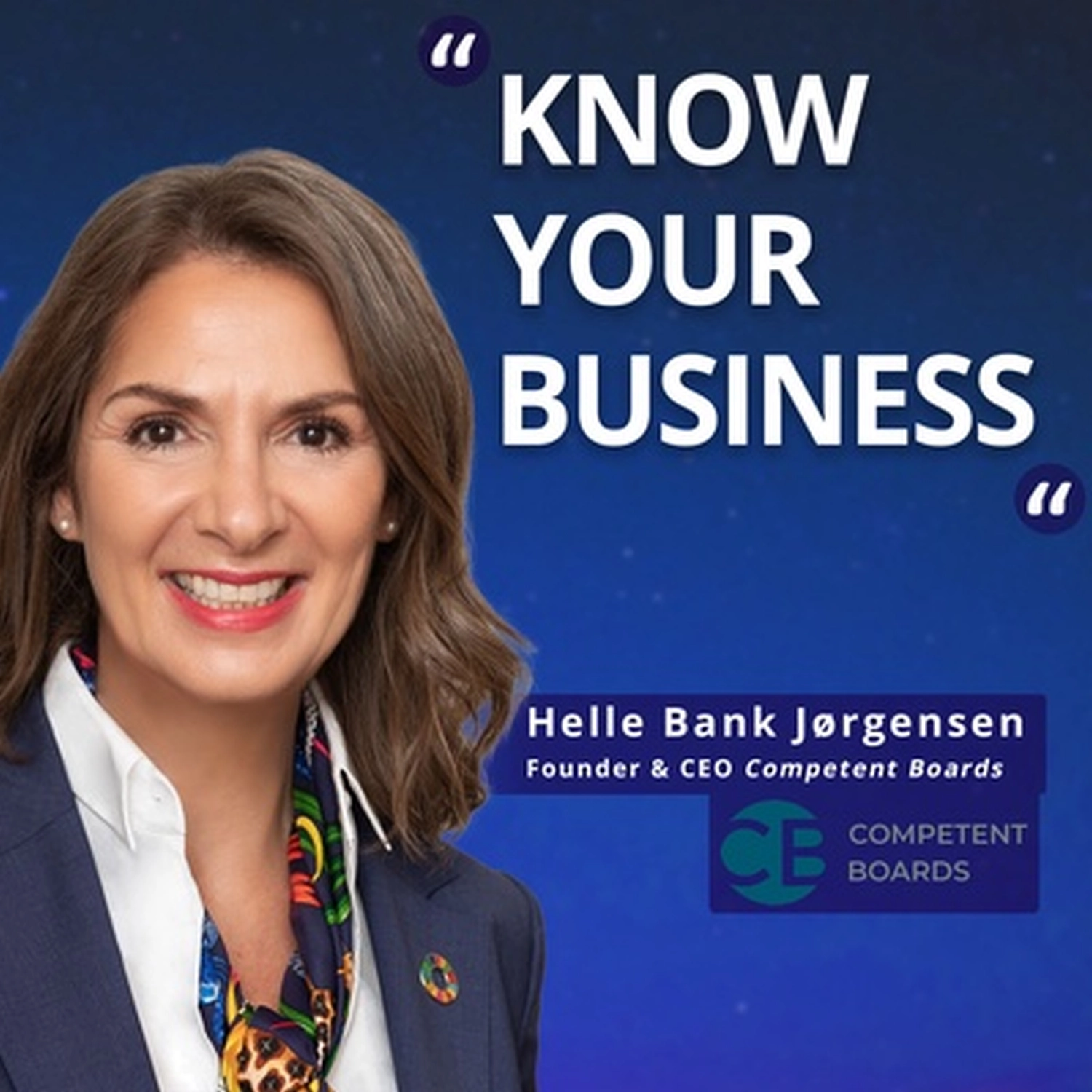
Founder & CEO Competent Boards – Stewards of the Future
Helle Bank Jorgensen is CEO of Competent Boards, which offers the highly acclaimed global ESG Competent Boards Certificate and Designation Program online, with a faculty of over 150 renowned international board members, executives and experts. Launched in 2019 in Davos, Switzerland, Competent Boards aims to enable board members and senior management to make better decisions to "turn your comprehensive vision, your complex goal, your bold idea into action".
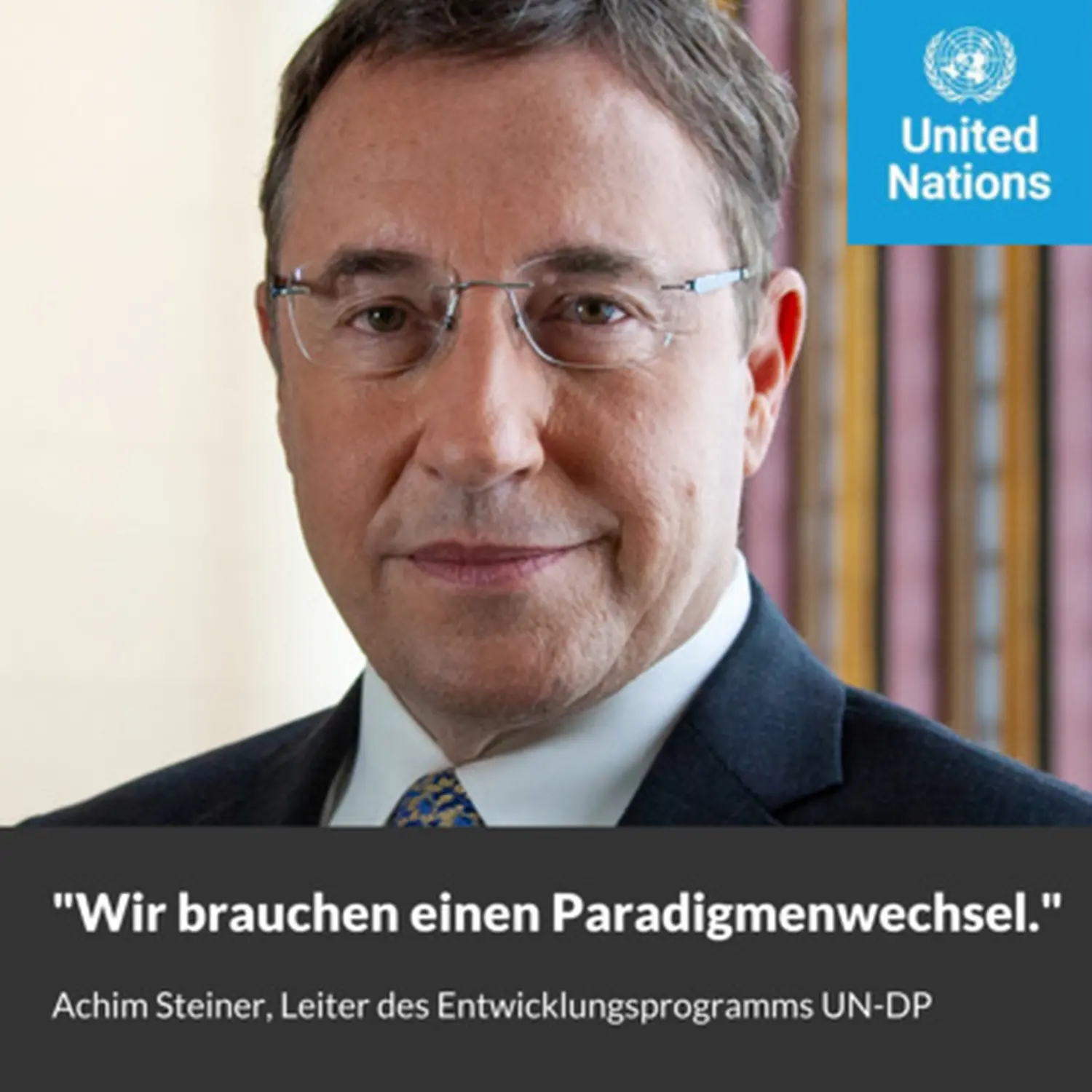
Vereinte Nationen: Wir brauchen einen Paradigmenwechsel
Die Vereinten Nationen rufen auf zur Großen Transformation: “Wir befinden uns in einer Zeit radikaler Unsicherheit – und brauchen einen Paradigmenwechsel”, sagt Achim Steiner, #3 bei den VN und Leiter der größten Organisation, dem Entwicklungsprogramm. Mit 17.000 Mitarbeitern und einem Jahres-Budget von 5 Milliarden Dollar ist er zuständig für die Umsetzung der Nachhaltigkeitsziele und damit für die Abschaffung der weltweiten Armut.
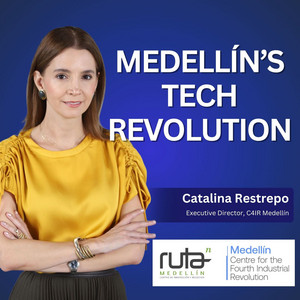
Shaping the Fourth Industrial Revolution:Inside Medellin's C4IR with Catalina Restrepo
What happens when a city once defined by conflict becomes a global hub for responsible innovation?
In this episode of Der Große Neustart speaks with Catalina Restrepo Carvajal, Executive Director of the Centre for the Fourth Industrial Revolution (C4IR) Medellín — the only C4IR in Latin America and part of a global network created in collaboration with the World Economic Forum.
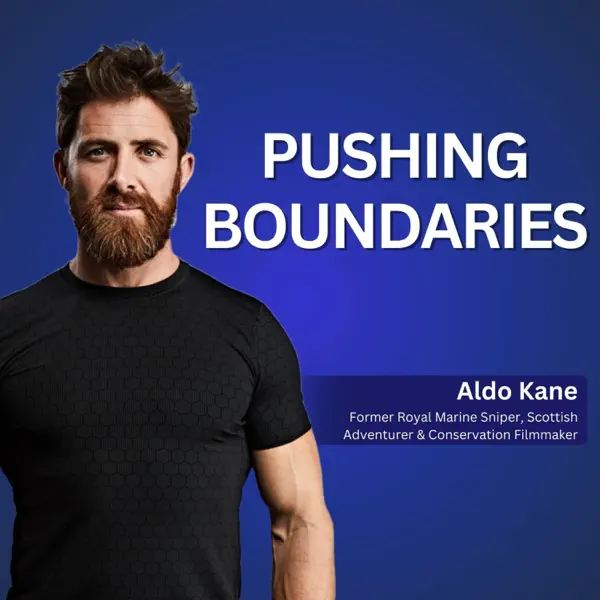
Aldo Kane & The Wild Ones: Fighting for Earth’s Rarest SpeciesGLS: Die gute Bank
The age of watching is over.
For more than 70 years, David Attenborough showed us the beauty of the natural world. But beauty doesn’t cut it anymore. Action does.
Wildlife populations have declined by 73% in the past 50 years — and by 95% in Latin America. We are losing up to 150 species every day. There are more tigers in captivity than in the wild.
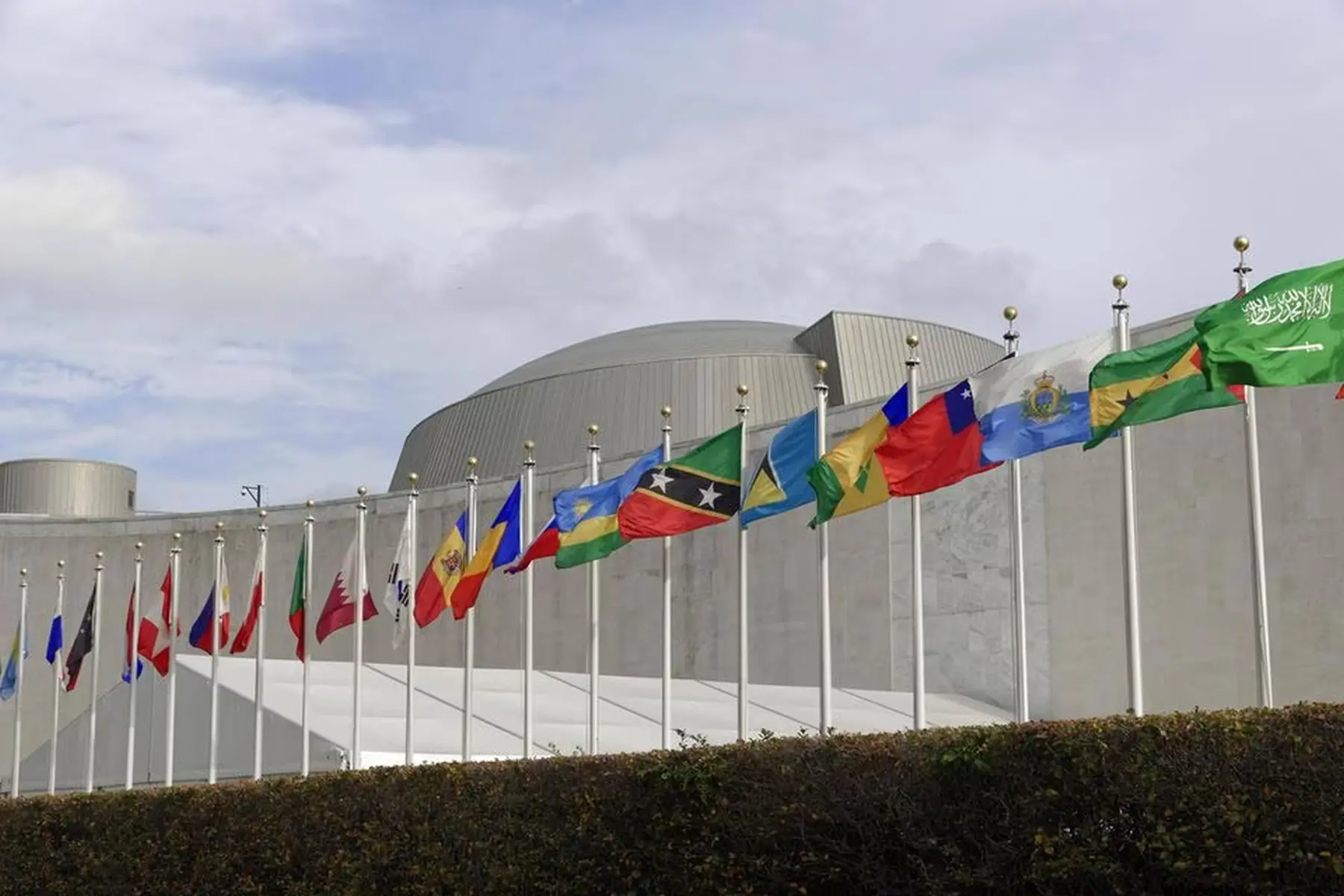
(Capital)
Will die Welt die Covid-Pandemie hinter sich lassen, muss sie einen Neustart in den internationalen Beziehungen hinbekommen. Dazu müssen alle gesellschaftlich relevanten Stakeholder an einen Tisch.
Find out more
(LinkedIn)
The Annual Meeting of the World Economic Forum at Davos is framed by the poignant theme: Rebuilding Trust. This overarching motif reflects a collective recognition among global leaders that trust, a cornerstone of societal cohesion and economic prosperity, has been eroded and needs meticulous reconstruction.
Find out more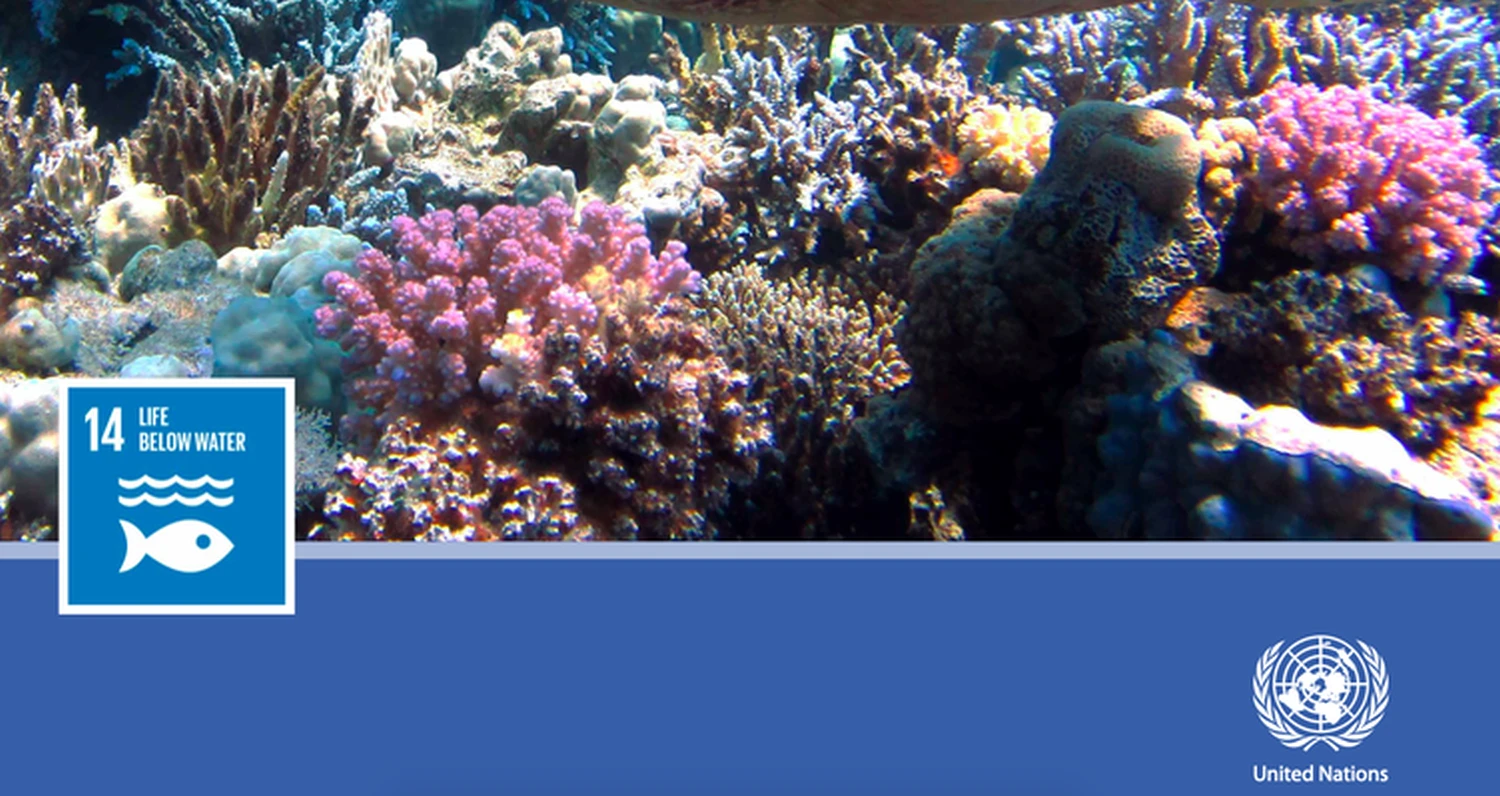
(LinkedIn)
As the world anticipates the Stockholm "World Water Week 2023: Seeds of Change: Innovative Solutions for a Water-Wise World," a global movement takes shape to confront the imminent water crisis. With freshwater scarcity affecting over 2.2 billion individuals, a sanitation crisis impacting 4.2 billion people, and water-related conflicts unsettling 40% of the global population, this year's theme underscores the urgency for innovative solutions and collaborative efforts.
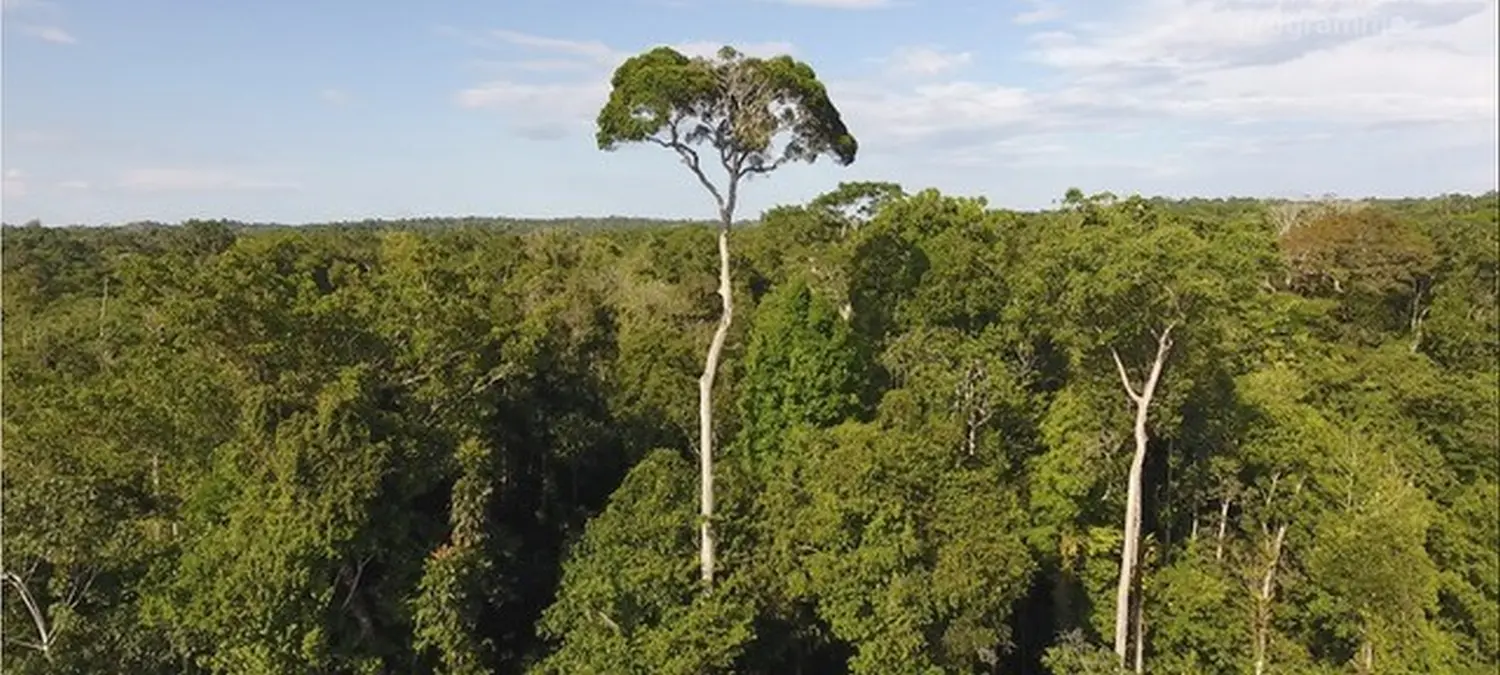
(PT Magazin Wirtschaft & Gesellschaft)
Wie viel Wirtschaftswachstum kann sich die Weltgemeinschaft leisten, wenn dieses gleichzeitig unsere Lebensgrundlage vernichtet?
Find out more
(LinkedIn)
Wie wollen wir leben? Wir sind Täter und Zeuge einer erdrutschartigen Verschiebung unserer Existenz. Wählen wir Zynismus und nehmen die Zerstörung des Planeten in Kauf? Wählen wir Optimismus und setzen uns aktiv für eine bessere Zukunft ein?
Find out more
(Capital)
Metropolen können die Problemlöser unserer Zeit sein. Sie schließen die Lücke, die Nationalstaaten bei der Lösung globaler Herausforderungen hinterlassen. Sibylle Barden-Fürchtenicht über die kollektive Macht der Städte

(Stern)
Die Zeitenwende, die wir gerade erleben, ist nicht neu. Neu ist sie für die Nachkriegsgenerationen der westlichen Welt. Die Welt, in der immer alles wachsen muss: die Wirtschaft, die Städte, der Wohlstand, das eigene Glück.
Find out more